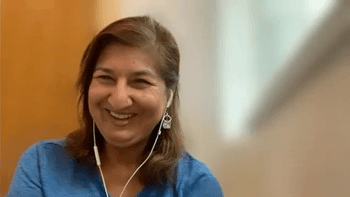
The vice president of Medical Affairs in Migraine at Impel discussed the STOP 301 trial of intranasal DHE and how the safety profile offers a positive for patients who would use the agent on-demand.

The vice president of Medical Affairs in Migraine at Impel discussed the STOP 301 trial of intranasal DHE and how the safety profile offers a positive for patients who would use the agent on-demand.
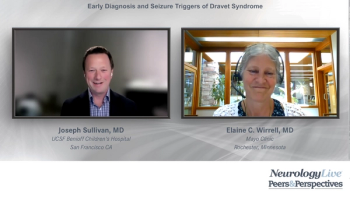
The importance of early diagnosis of Dravet syndrome as well as seizure triggers and comorbidities are discussed by key opinion leaders in the field.

The medical director of the Ohio State Sleep Medicine Institute provided insight on areas within sleep disorder care that need improvement, including the diagnostic process.
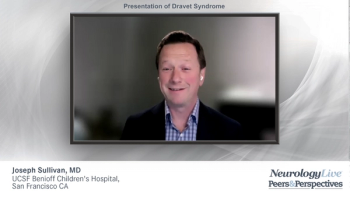
Joseph Sullivan, MD, and Elaine C. Wirrell, MD, discuss the presentation of Dravet syndrome in children.

The vice president of Medical Affairs in Migraine at Impel discussed the gaps in care that novel dihydroergotamine formulations, such as INP104, might be able to fill for patients with migraine.
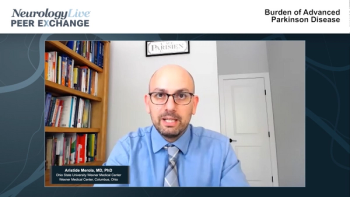
Aristide Merola, MD, PhD, leads a discussion about the burden and impairment on the quality of life for patients with advanced Parkinson disease.
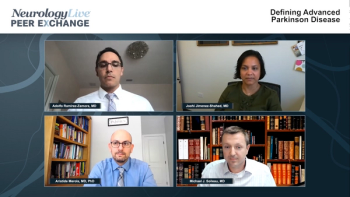
Experts in the field of Parkinson disease kick off a discussion about recognizing and managing the disease by defining advanced Parkinson disease.
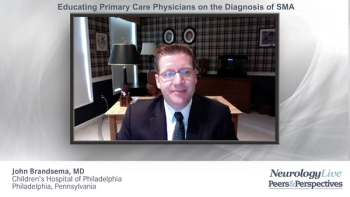
Julie Parsons, MD, comments on the role of primary care providers and gene testing for the early diagnosis of spinal muscular atrophy.
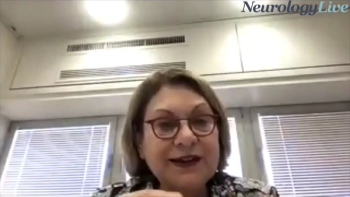
The professor of Molecular Neuroscience at the Edmond and Lily Safra Center for Brain Sciences discussed her and her colleague’s initial response to the FDA’s approval of aducanumab.
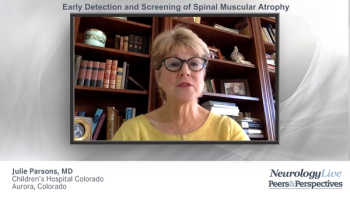
Identifying spinal muscular atrophy through early diagnosis using prenatal and newborn screenings is discussed.
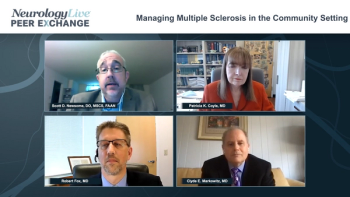
Advice to community physicians and neurologists who play a role in caring for patients with multiple sclerosis in community practices on optimizing therapy with high-efficacy and newer treatment options.
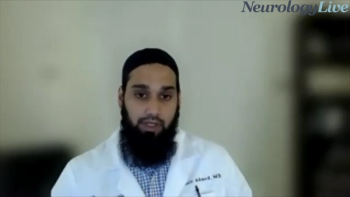
The neurologist from Cleveland Clinic provided perspective on why there is a need for continued pressure to research and understand more about COVID-19 and its association with headache.

The Distinguished Professor of Neuromuscular Disease at UNC School of Medicine spoke to the results of the phase 3 ADAPT trial, and what else he’s like to see investigated with efgartigimod.
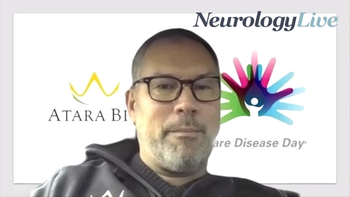
The head of global research and executive vice president of Atara Biotherapeutics discussed the upcoming study evaluating ATA188.

Neurology News Network for the week ending June 19, 2021.
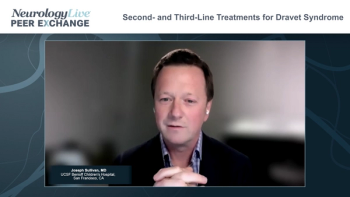
Experts in the field discuss second- and third-line treatment options for Dravet syndrome such as stiripentol and vagal nerve stimulation and the effects they’ve seen on patients.
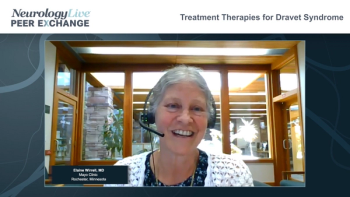
A panel discussion on the North American Consensus statement on treating Dravet syndrome and the approved therapies like clobazam, ketogenic diets, and other first- and second-line therapies.

The medical director of the Ohio State Sleep Medicine Institute discussed the effect of FT218 in treating narcolepsy regardless of stimulant use, as well as its weight-related benefits it brings.
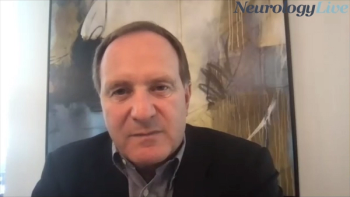
The director of the Headache Center of Southern California discussed research opportunities for layered treatment approaches in migraine.

The medical director of the Ohio State Sleep Medicine Institute detailed the progress made within the sleep disorder field in recent years and where it can turn to next.
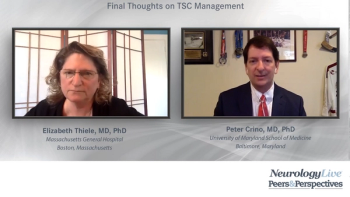
Elizabeth Thiele, MD, PhD, and Peter Crino, MD, PhD, provide closing remarks on the future treatment landscape of tuberous sclerosis complex.
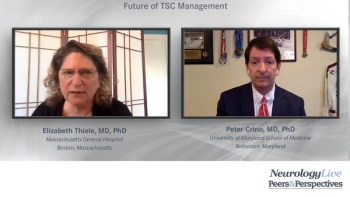
Advice to community neurologists for the optimal care of patients with tuberous sclerosis complex�� and future directions for TSC.
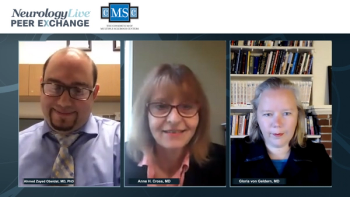
Join Ahmed Obeidat, MD, PhD; Anne Cross, MD; and Gloria von Geldern, MD, for the third program in this series, where they offer insight from neurology specialists on applying lessons learned from the COVID-19 pandemic into clinical practice when managing patients with multiple sclerosis.

The Distinguished Professor of Neuromuscular Disease at UNC School of Medicine discussed the findings of the ADAPT trial and the promise efgartigimod has shown to be an effective agent for generalized myasthenia gravis.
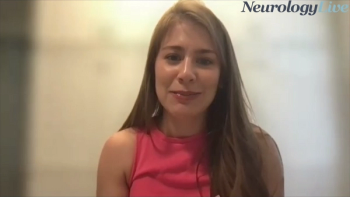
The nurse practitioner at the Woodruff School of Nursing at Emory University detailed why a cultural shift is needed to incorporate APCs into the neurology space and thus improve multidisciplinary care.
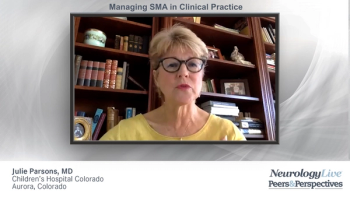
Julie Parsons, MD, discusses the importance of a multidisciplinary team approach to managing SMA in clinical practice.
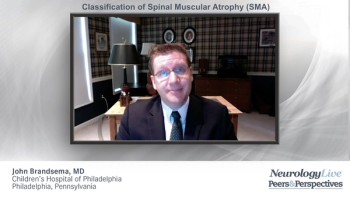
John Brandsema, MD, leads the discussion on the 5 main types of spinal muscular atrophy and the evolution of disease classification.
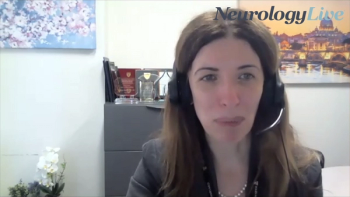
The investigator at the Healey & AMG Center for ALS at Massachusetts General Hospital also discussed further research that needs to be done in ALS.

The director of the Montefiore Headache Center discussed future aspirations and potential combinations that should be researched to treat patients with migraine.
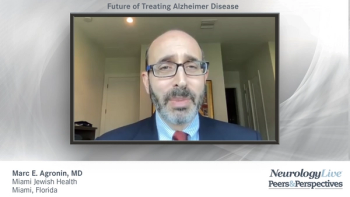
Drs Richard S. Isaacson and Marc E. Agronin look to the future of treating Alzheimer disease with the emphasis on early diagnosis.